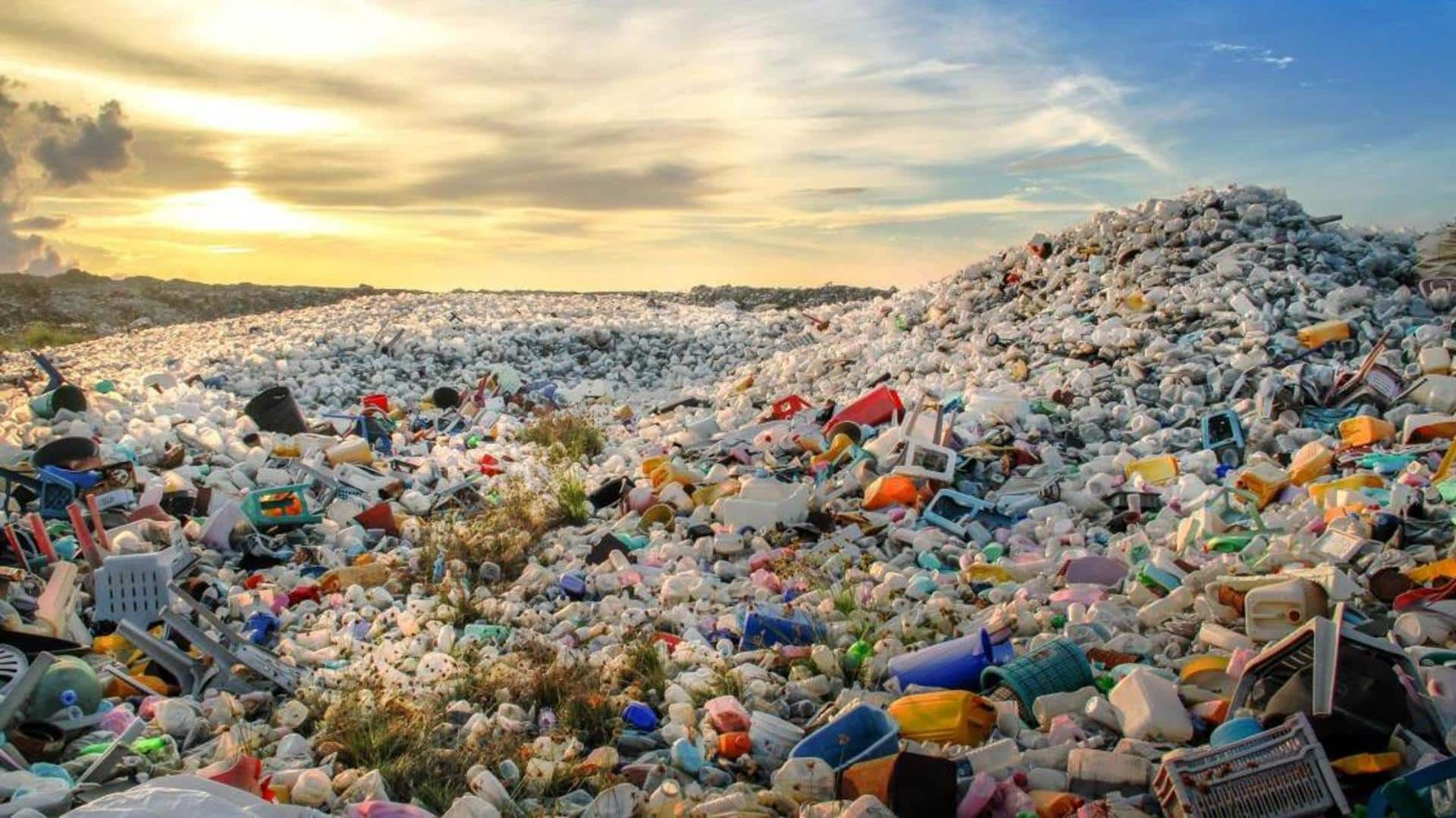
A useful new recycling tool has been discovered. Scientists have discovered bacteria that can break down and digest plastics at low temperatures.
Several microorganisms that can do this have previously been discovered, but they typically only work at temperatures over 30 degrees Celsius, making their usage in the industrial sector prohibitively expensive due to the added heating costs.
Scientists from the Swiss Federal Institute of Technology WSL discovered microorganisms that decompose plastics at 15 degrees Celsius, which could be a breakthrough in microbial recycling. Their research was published in the journal Frontiers in Microbiology.
According to the Guardian, Dr. Joel Rüthi of WSL and colleagues studied 19 strains of bacteria and 15 fungal kinds growing on free-lying or purposely buried plastic stored in the ground for one year in Greenland, Svalbard, and Switzerland.
They grew the microorganisms in the laboratory as single-strain cultures in the dark at 15 degrees Celsius and examined them to see if they could digest different types of plastic.
The bacterial strains belonged to 13 genera in the phyla actinobacteria and proteobacteria, while the fungi belonged to 10 genera in the phylum Ascomycota and mucoromycota.
Microbial strains demonstrate the ability to digest biodegradable plastics
Non-biodegradable polyethylene (PE), biodegradable polyester-polyurethane (PUR), and two commercially available biodegradable mixes of polybutylene adipate terephthalate (PBAT) and polylactic acid (PLA) were among the plastics studied.
Even after 126 days of incubation on these plastics, none of the strains were able to break down PE. However, at 15 degrees Celsius, 19 strains (56 percent), comprising 11 fungus and eight bacteria, were able to digest PUR, while 14 fungi and three bacteria were able to digest PBAT and PLA plastic blends.
“Here we show that novel microbial taxa obtained from the ‘plastisphere’ of alpine and arctic soils were able to break down biodegradable plastics at 15C. These organisms could help to reduce the costs and environmental burden of an enzymatic recycling process for plastic.” Dr. Rüthi told the Guardian.
He was astounded that a high proportion of the tested strains could break down at least one of the tested polymers.
Additionally, Dr. Beat Frey, one of the study authors, explained to the Guardian, “Microbes have been shown to produce a wide variety of polymer-degrading enzymes involved in the breakdown of plant cell walls. In particular, plant-pathogenic fungi are often reported to biodegrade polyesters, because of their ability to produce cutinases, which target plastic polymers due to their resemblance to the plant polymer cutin.”
